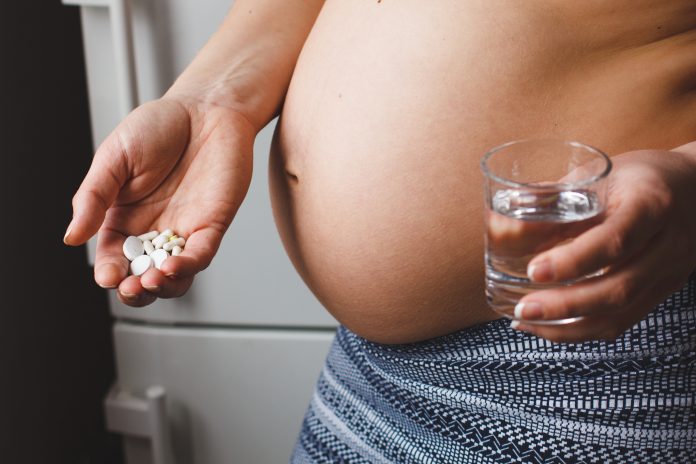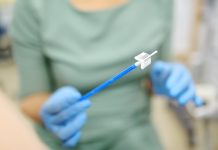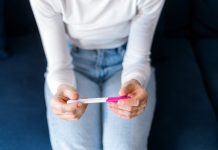Dr Larisa Corda, leading Obstetrician and Gynaecologist sheds some light on how vitamin D supplementation can be vital to maintaining good health during pregnancy, particularly throughout the COVID-19 pandemic
Vitamin D is a steroid vitamin from a group of fat-soluble prohormones. It is naturally produced in the skin with exposure to UVB light and considered safe to take as cholecalciferol (D3) oral supplements in doses up to a maximum of 4,000iu/day for short periods.
Vitamin D supplements
For healthy young individuals, NICE recommendations advise all adults living in the UK, including those at increased risk of vitamin D deficiency, should take a daily supplement containing 400 international units (IU [10 micrograms]) of vitamin D throughout the year.
If you are able to get exposure to natural sunlight, then your body will synthesize vitamin D and you are less likely to need supplements to maintain healthy levels.
Pregnancy complications
Vitamin D is essential for health, including bone, muscle and nerve conduction, and cellular function. Low blood concentrations of vitamin D in pregnant women have been associated with pregnancy complications, therefore, it is thought that supplementation with this vitamin may be beneficial if you are pregnant.
Trials involving almost 4,000 pregnant women suggest that supplementation with vitamin D during pregnancy will likely reduce the risk of pre-eclampsia, gestational diabetes, and the risk of having a baby with low birth weight and may reduce the risk of maternal adverse events, such as severe postpartum haemorrhage.1
Vitamin D deficiency
Vitamin D deficiency is common during winter in Northern latitudes above 20 degrees and Southern latitudes 20 degrees below the equator. New emerging evidence from the COVID-19 pandemic is showing that vitamin D supplementation may also have a role in reducing the risk of inflammation caused by the virus. Severe COVID-19 outbreaks have only happened above 20-degree latitudes. Outbreaks in the Southern Hemisphere have been mild so far. COVID-19 is thought to enter cells via ACE2 receptors. Viral replication downregulates ACE2, dysregulating the renin-angiotensin system (RAS) and leads to a cytokine storm in the host, causing Acute Respiratory Distress Syndrome (ARDS). Vitamin D deficiency is strongly associated with ARDS, poor mortality outcomes as well as being related to the majority of comorbidities associated with COVID-19 case fatalities. Vitamin D acts to rebalance RAS and attenuates lung injury. The role of vitamin D supplementation may not only be to reduce the risk of acute respiratory tract infection but to potentially also help attenuate the risk of COVID-19 related complications in pregnant women, who have been classified as being in the vulnerable group by the government during the pandemic, therefore possibly protecting the health of both the mother and baby in the outbreak.
References
1 https://www.openaccessgovernment.org/vitamin-d-in-pregnancy/74009/











